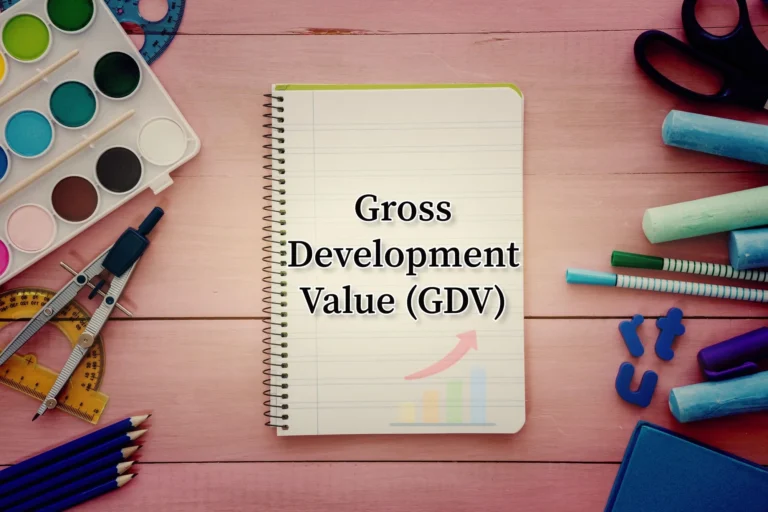Rental income is a vital component of real estate investment, providing a steady revenue stream for property owners. However, it is crucial to understand the tax implications, ownership structures, and allowable expenses associated with rental income.
This article will look into the various aspects of rental income in the UK, from taxation to ownership, expenses, and more.
Taxation of Rental Income UK
Your rental income is the total rent you receive from tenants. This income may also include payments for additional services and amenities, such as furniture usage, cleaning of communal areas, hot water, heating, and property repairs. However, not all of this income is subject to taxation.
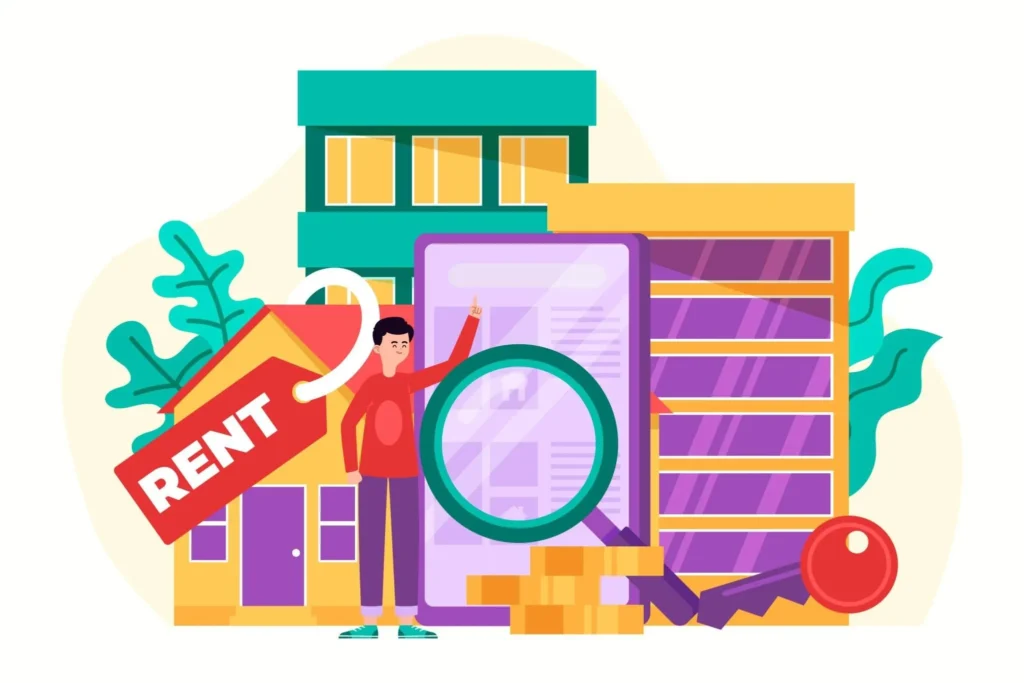
To calculate the tax on your rental income, you need to consider the profit you make, which is the amount left after deducting allowable expenses and allowances. Your tax depends on your profit, personal circumstances, and the specific rules for different rental situations.
Multiple Properties and Overseas Properties
If you rent out more than one property in the UK, the profits and losses from these properties are combined to determine your overall profit or loss for your property business. It is important to note that profits and losses from overseas properties should be kept separate from properties in the UK.
Special Rules for Different Rental Situations
The rules for tax on rental income vary based on your specific rental situation. Regardless of whether you are renting a room in your own home, leasing a property as a furnished holiday accommodation, letting a property in the UK while residing abroad or renting out a foreign property it is essential to be aware with the particular rules and regulations that are in place.
Types of Property Ownership
Joint Ownership
Property owners can choose to share ownership of rental properties with others. The taxation of rental income depends on the share of the property each owner holds. It is important to note that your share in a Jointly Owned Property business is not treated as a separate business from properties you own individually.
Property Jointly Owned with a Spouse or Civil Partner
In cases where married couples and civil partners jointly own property and live together, the tax liability is usually divided equally between the partners. However, if you own the property in unequal shares and are entitled to income on same unequal shares, the income can be taxed accordingly. Both partners must declare income & their beneficial interests in the joint property.
Property Jointly Owned but not with a Spouse or Civil Partner
If you jointly own a property with an individual who is not your spouse or civil partner, the taxation of rental profits or losses is determined according to the portion of the property that you possess. If necessary, you have the option to negotiate a different allocation.
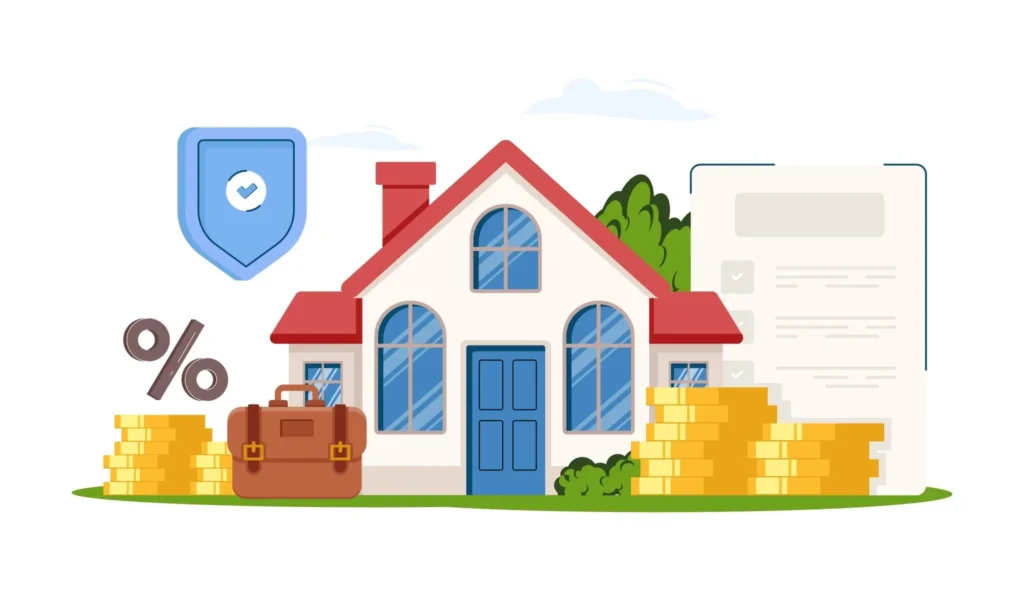
Record Keeping
Maintaining accurate records of your Rental Income and expenses is crucial for calculating your taxable profit. You should separate your records for fully furnished lettings and unfurnished or part-furnished lettings. Examples of records to keep include rent books, receipts, invoices, bank statements, and mileage logs for property-related journeys. These records must be retained for at least five years after the tax return deadline.
The HMRC may impose penalties if your records are inaccurate, incomplete, illegible, or not kept for the required period. Additionally, submitting an inaccurate tax return may result in penalties.
Cash Basis Accounting
Cash basis accounting offers a more straightforward approach for determining taxable profits, especially suited for businesses with uncomplicated tax matters. For those earning income from a property business, the option to use the ‘cash Basis’ instead of the standard accounting method is available.
It is worth noting that if you meet the criteria and prefer the standard accounting approach, you must actively choose to opt out of the cash basis on your tax return.
Changes to Tax Relief for Residential Property
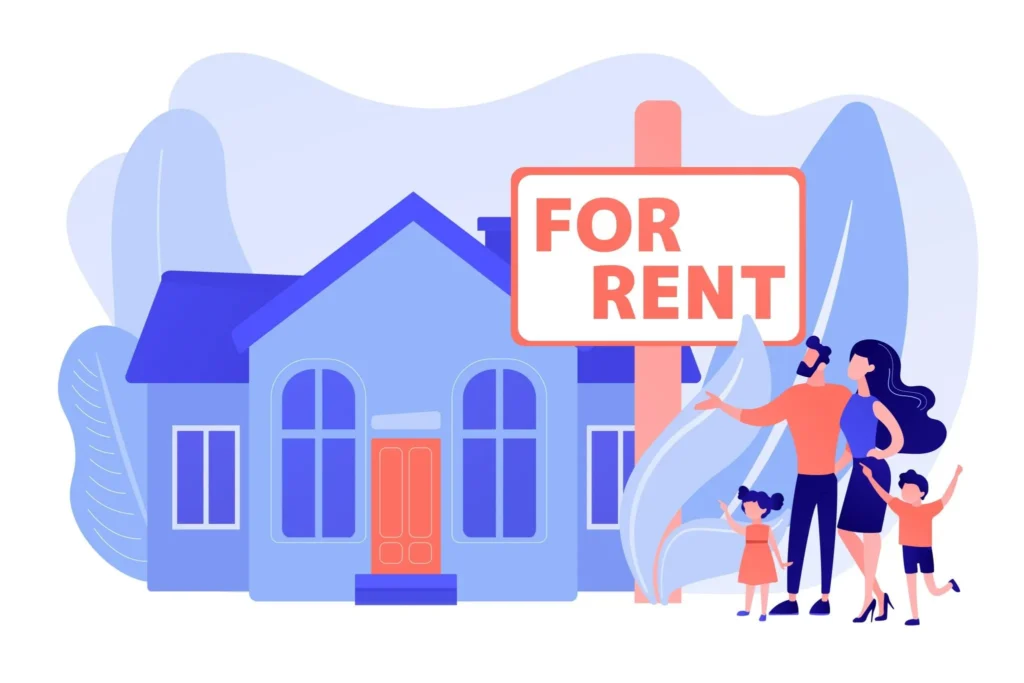
Income Tax relief for all residential property finance expenses is limited to the basic rate of Income Tax.
This change affects various individuals and entities involved in residential property letting:
Affected Individuals and Entities
- Individual UK residents letting residential properties in the UK or overseas.
- Individual non-UK residents letting residential properties in the UK.
- Individuals letting residential properties in partnership.
- Trustees and beneficiaries of trusts are liable for Income Tax on residential property profits.
Unaffected Individuals and Entities
- UK resident companies.
- Non-UK resident companies.
- Landlords of furnished holiday lettings.
The relief for interest and other finance costs continues as usual for unaffected individuals and entities.
Finance Costs Restriction
Finance costs subject to restriction include interest on mortgages, loans, overdrafts, alternative finance returns, fees, and any other incidental costs associated with mortgages and loans.
It is essential to reasonably apportion interest if a loan is used for residential and commercial properties, as only finance costs for residential properties are restricted.
Allowable Expenses
To compute your taxable rental profit, you can subtract expenses that are solely and entirely related to the act of renting out the property.
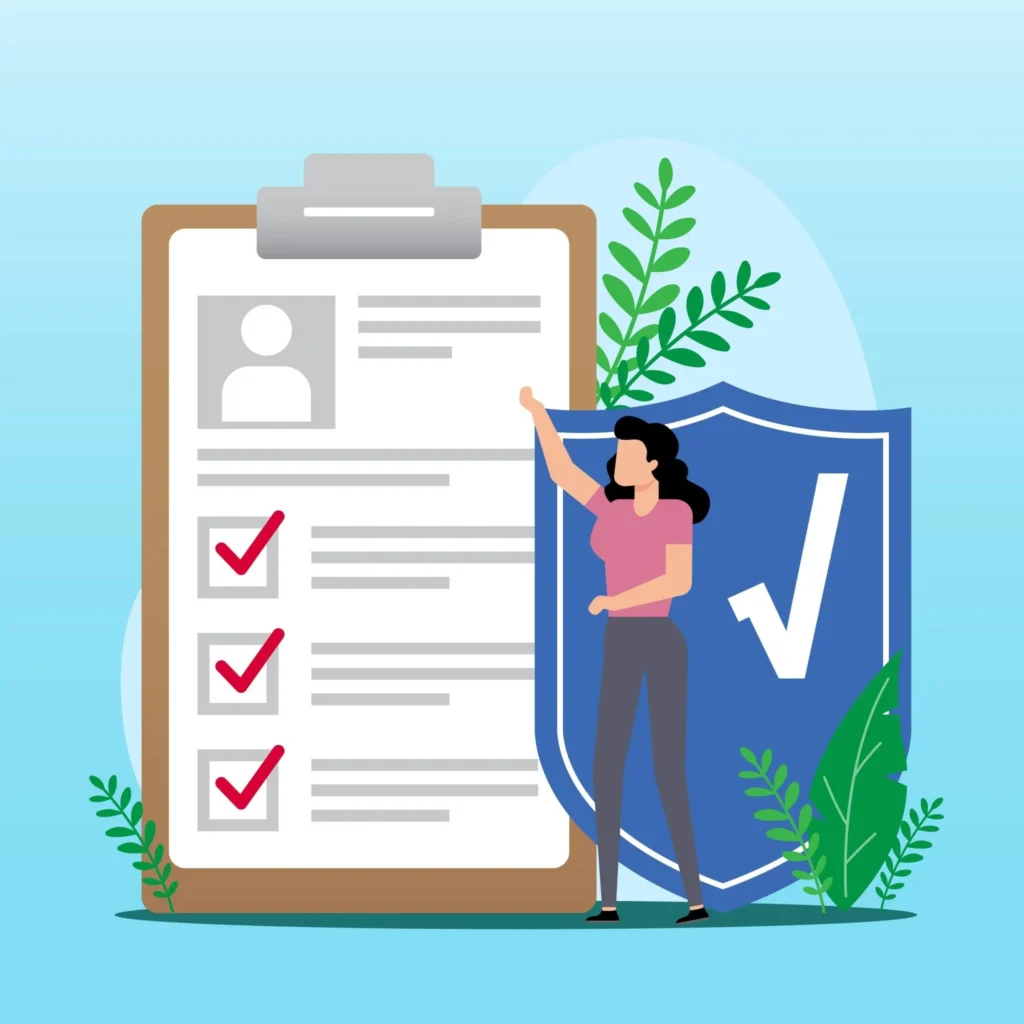
Allowable expenses include:
- General maintenance and repairs to the property.
- Utility costs like water rates, council tax, gas, and electricity.
- Insurance fees for landlords’ policies.
- Costs of services, such as wages for gardeners and cleaners.
- Letting agent and management fees.
- Legal fees for short-term lets or lease renewals.
- Accountant’s fees.
- Rents, ground rents, and Service Charges.
- Direct expenditures, which include costs like telephone calls, office supplies, and advertising for attracting new tenants.
- Vehicle running costs. (proportion used for the rental business)
Expenses that cannot be claimed as deductions include capital expenditure on property enhancements or improvements, the full amount of your mortgage payment (only the interest portion is deductible), private telephone calls, clothing expenses, and personal expenses unrelated to your rental business.
Claiming Part Expenses
When an expense partially relates to your property rental business, you can deduct that part as long as it is wholly and exclusively for the property business.
Increasing Your Mortgage
If you increase your mortgage loan on a buy-to-let property for the purposes of the letting business, you may treat the interest on the additional loan as a revenue expense.
You can receive relief from Income Tax as long as the extra loan is entirely and solely dedicated to the purpose of letting the property. However, interest on borrowing above the capital value of the property when it entered your letting business is not tax-deductible.
Maintenance and Repair Costs
Allowable expenses include costs related to the maintenance and repair of the property. A repair involves restoring an asset to its original condition, often by replacing parts of it. For instance, replacing roof tiles damaged in a storm or fixing a broken-down boiler constitutes repair expenses.
However, the costs for replacing furnishings or equipment in a property are not considered maintenance and repair expenses. Such items may qualify for replacement of domestic items relief starting from April 6, 2016.
Replacement of Domestic Items Relief
Through this relief, landlords of residential properties can request a deduction for the expenses incurred in replacing domestic items, such as furniture, furnishings, household appliances, and kitchenware, which are utilized in a dwelling house.
To be eligible for this relief, certain conditions must be met:
- The property is used for a property business that includes letting dwelling houses.
- The old domestic item is replaced with a new one, exclusively for the lessee’s use.
- The new item’s cost would otherwise be considered Capital Expenditure.
- Capital allowances have not been claimed for the new domestic item.
If the replacement item is an improvement on the old item, you can solely seek a deduction for the cost of buying an item equivalent to the original. For example, if a new sofa bed costs more than a standard sofa, you can only claim the cost of the standard sofa as a deduction.
Allowances
You can claim the property allowance, which allows you to earn up to £1,000 of property income tax-free.
If you claim the property allowance, you cannot deduct expenses.
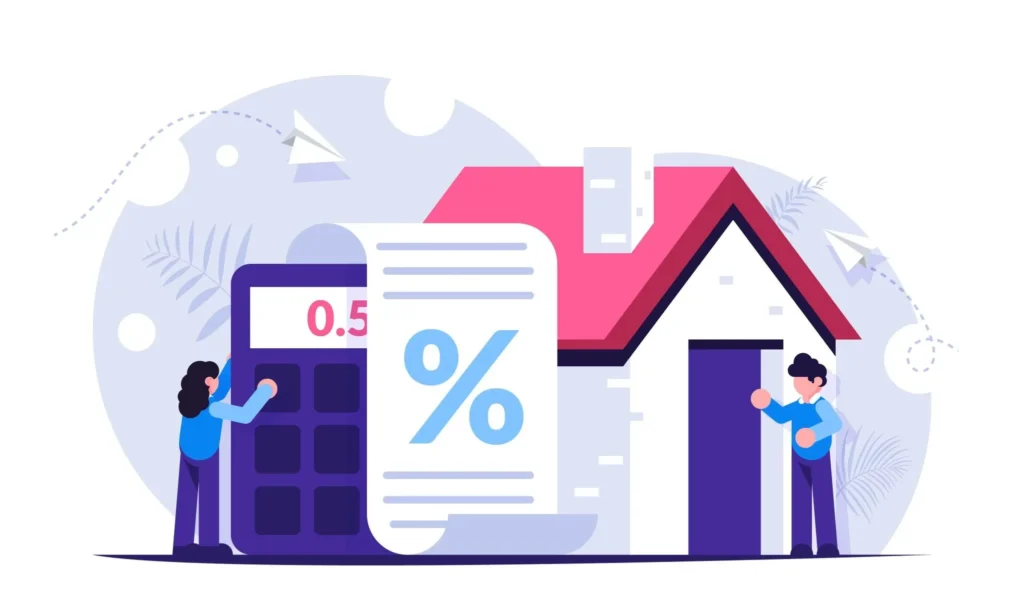
Capital Expenditure
Expenses are considered ‘Capital Expenses’ if they will be used in the business over an extended period. These expenses include adding something to the property that was not there before, altering, improving, or upgrading an existing item, and purchasing furnishings and equipment for the property.
Capital expenses are not allowable against rental income, but they should be documented as they may be set against Capital Gains Tax (CGT) when the property is sold.
Working Out Your Taxable Profits
To calculate your profit or loss, combine all your rental income and allowable expenses. Then, deduct the expenses from the income to determine your taxable profit. The rate of tax you pay depends on your total income from various sources and any available allowances.
Reporting Your Taxable Profits
You must inform HMRC if you have taxable profits from the property you rent. If you have not previously reported your property rental, you should do so by October 5 following the tax year in which you had taxable rental profits.
If you’re employed and your rental profits are relatively small, you can request that your profits be adjusted through your PAYE code. Filling in a tax return depends on your total rental income, other income sources, and specific circumstances.
Losses
You will incur a loss if your allowable expenses exceed your rental income. Generally, you can offset this loss against profits from the same rental business in future years.
In situations where you own multiple properties, the expenses related to one property can be used to reduce the income generated from another property.
Uncommercial Lets
You can only claim relief for losses arising from commercial letting. If you decide to let a property under non-commercial conditions, such as renting to friends or family at a reduced rent, you can only deduct expenses up to the amount of rent received for that specific property.
Reporting Losses
Even if you incur a loss during the year, you should provide details of your rental income and expenses when asked to send a tax return by HMRC. Reporting losses helps maintain accurate records for future tax purposes.
Dive into our “Top 20 Tax Saving Tips for Landlords and Property Investors” now to unlock financial benefits and secure your property success.
Conclusion
Rental income is a source of revenue for property owners, but understanding the complexities of taxation, ownership structures, allowable expenses, and changes in tax relief is essential. Complying with tax regulations, keeping meticulous records, and knowing which expenses deductible are critical.



